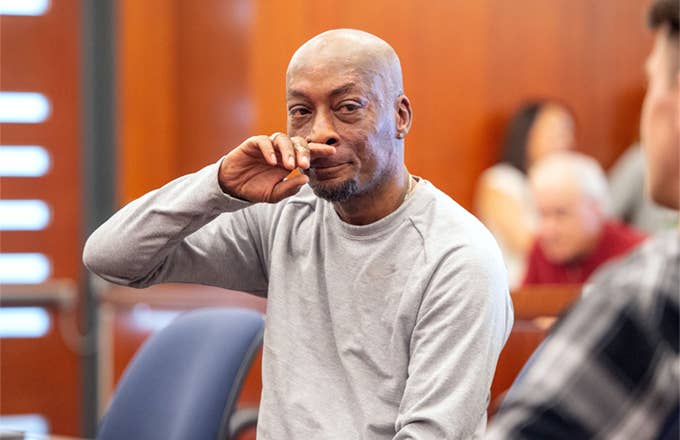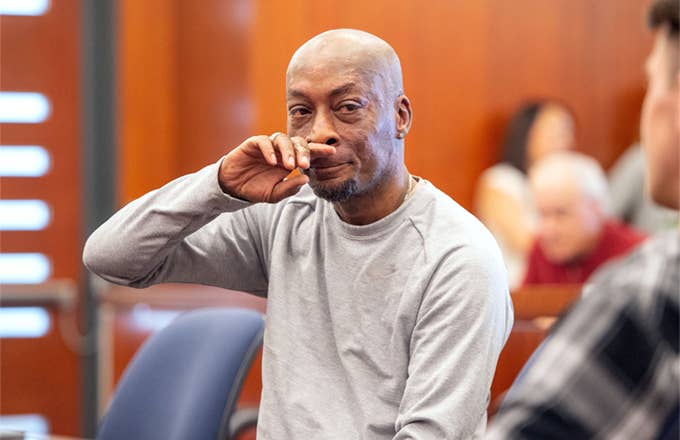
A San Francisco jury has ruled that Monsanto's popular Roundup weedkiller gave former school groundskeeper Dewayne Johnson terminal cancer.
Johnson was awarded $39 million in compensatory damages and $250 million in punitive damages after California's Superior Court ruled that direct contact with Roundup caused the 46-year-old to develop non-Hodgkin lymphoma. The ruling sets a precedent for thousands of similar pending cases against Monsanto.
Johnson's case was expedited because of his rapidly deteriorating health and it became the first case filed by a cancer patient against Monsanto to reach trial. After the decision, Johnson reportedly thanked jurors "from the bottom of my heart" and told reporters at a press conference, "I’m glad to be here to be able to help in a cause that’s way bigger than me."
"A unanimous jury in San Francisco has told Monsanto: 'Enough. You did something wrong and now you have to pay,'" Johnson’s lawyer Brent Wisner added. "There’s 4,000 other cases filed around the United States and there are countless thousands of other people out there who are suffering from cancer because Monsanto didn’t give them a choice. We now have a way forward."
During his time as a pest control manager, Johnson sprayed Roundup from a 50-gallon tank 20 to 30 times each year and was often covered by the weedkiller on windy days. On one occasion, his whole body was drenched by Roundup when a hose broke. Lesions now cover 80 percent of his body.
Monsanto denies that Roundup or its active ingredient glyphosate causes cancer and the company's spokesman Scott Partridge told reporters that they plan to appeal. "We are sympathetic to Mr. Johnson and his family," he explained. "We will appeal this decision and continue to vigorously defend this product, which has a 40-year history of safe use and continues to be a vital, effective, and safe tool for farmers and others."
Glyphosate's link to cancer has been debated for years. The U.S. Environmental Protection Agency says glyphosate safe for humans when it is used in accordance with label directions, but the International Agency for Research on Cancer has classified it as a "probable human carcinogen," and the state of California includes the ingredient in its list of chemicals known to cause cancer.

